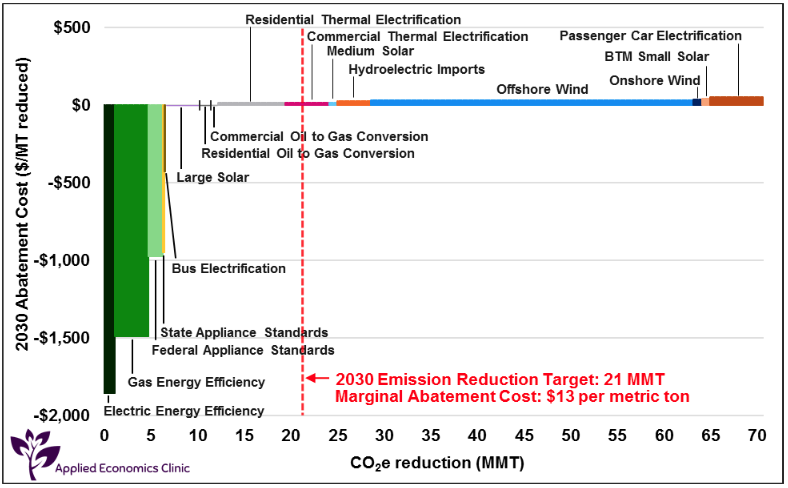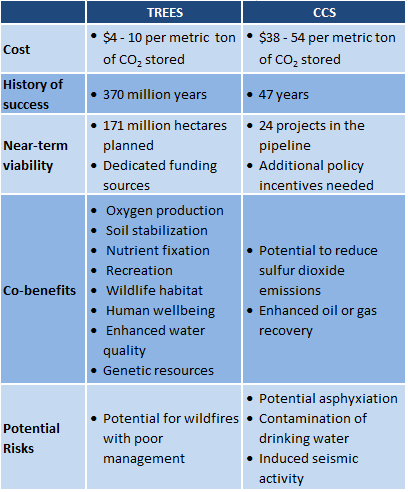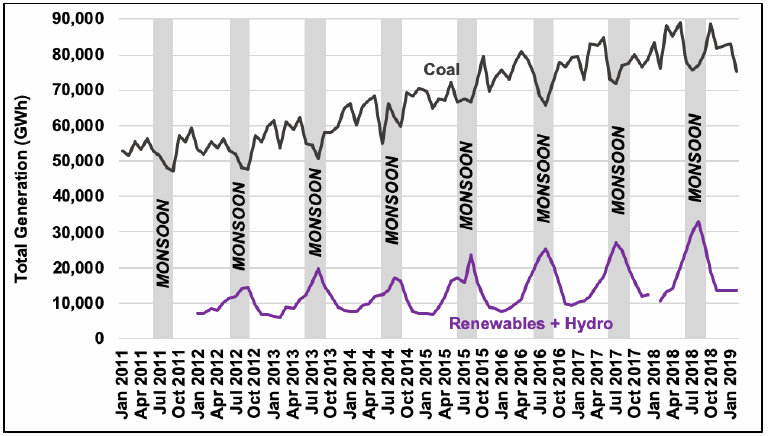Client: Institute for Energy Economics and Financial Analysis (IEEFA)
Authors: Bryndis Woods and David Schlissel (IEEFA)
September 2019
Researcher Bryndis Woods and Director of Resource Planning Analysis at the Institute for Energy Economics and Financial Analysis (IEEFA) David Schlissel prepared a report that presents three major risks confronting India’s coal sector:
(1) The over-building of coal-fired capacity. The boom in coal plant construction during the early 2010s has resulted in significant over-capacity. The amount of installed coal-fired capacity in India is now 20 percent higher than the country’s peak demand level and fully 50 gigawatts (GW) above average demand levels.
(2) Increasing competition from renewable energy sources, particularly during the monsoon season. Low-cost renewable wind and hydro energy sources have a great advantage during the monsoon season, when coal generation dips while wind and hydro generation peak.
(3) Declining water supplies. Groundwater levels across India are in decline. Since 2012, both total annual rainfall and monsoon rainfall have generally been below normal levels ‒ a major concern for coal generation, which requires substantial amounts of water for steam production and cooling.
The report concludes that these risks are already manifesting, and will intensify in the years ahead. As a result, Indian policy makers should: agree not to built additional coal-fired plants; review plants under construction for possible cancellation; conduct an economic assessment of the nation’s oldest coal-fired power plants to determine their financial viability; and address coal capacity in the most drought-stricken as a priority.
Link to Report
Return to Our Work




















